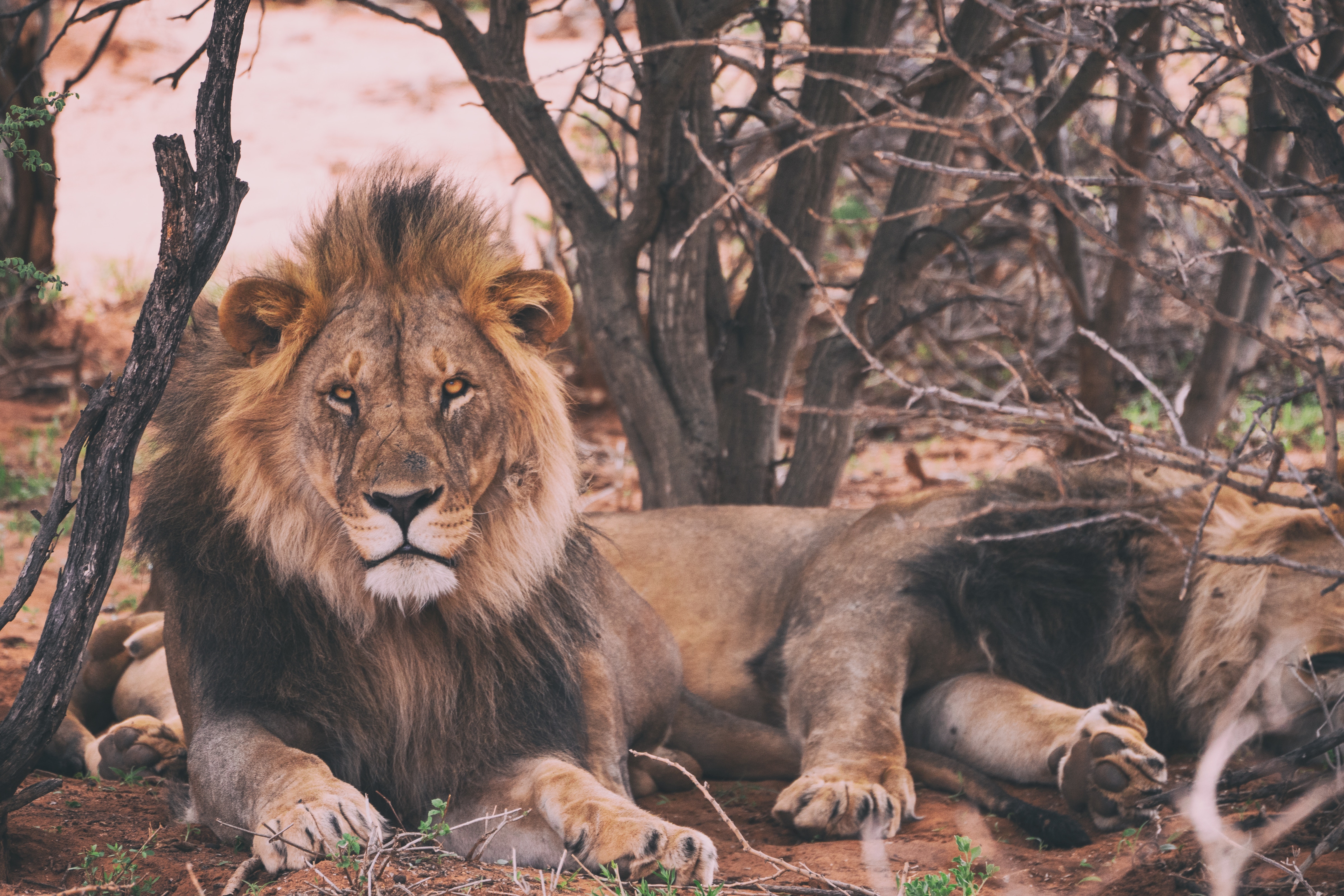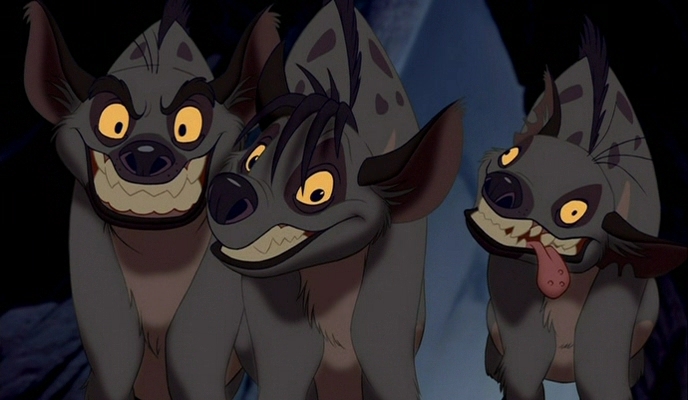
My first startup of any material value was Inkling back in 2006 with Y Combinator. Our goal was to spread "prediction markets" or pseudo stock exchanges you could use to judge the odds of things happening in your organization.
The book "Wisdom of Crowds" was out and making prediction markets more widely known, but to actually use them required difficult in-house installations. So our goal was to use modern tech and design to make them as easy as 1-2-3.
We even made a "1-2-3" graphic to show people how quick and easy it was to get started with us.
Imagine then when our largest competitor lifted that 1-2-3 graphic. They didn't just mimic our design. They blatantly downloaded the JPG we made and used it on the redesign of their website.
A lot of us have stories like this about competition. Folks gunning for your clients, employees, ideas, everything. So what do you do?
My daughter is 4. Which means revisiting quite a few Disney movies I remember from growing up. Like The Lion King. What a fabulous movie. 93% Rotten Tomatoes score. A soundtrack co-written with Elton John that was and may still be the best selling soundtrack of an animated film of all time. Let's also not fail to mention it's become a Broadway play winning 6 Tony Awards, is the third longest running show on Broadway in history, and has grossed over $1 Billion.
All of that said, you know what I remember?

Those damn hyenas. Hyenas make great villains. They epitomize the things we often find evil: scavengers - opportunistic creatures who let someone else do the hard work.
But here's something you might not be aware of.
In 1924, the Taung Baby was discovered. It was one of the first human fossils found in Africa and it began a deep exploration of our origins there. One conclusion from that finding was that we were hunters, as other animal remains who were clearly eaten were found near that child. So, it's been long believed we were at the top of the food chain.
But in 2013, Dr. Briana Pobiner, a paleoanthropologist at the Smithsonian Institute, and her colleagues announced that, in their study of thousands of fossils and ancient tools, they discovered something peculiar. Sure, humans were meat eaters and had the tools to butcher animals, but these tools couldn't be used for hunting. They could be used for cutting at flesh or pounding bones, but they weren't spears or arrows for catching fleeing animals.
What explains this?
As Yuval Harari mentions in his fantastic book Sapiens:
"the first humans specialised in extracting marrow from bones. Why marrow? Well, suppose you observe a pride of lions take down and devour a giraffe. You wait patiently until they’re done. But it’s still not your turn because first the hyenas and jackals – and you don’t dare interfere with them – scavenge the leftovers. Only then would you and your band dare approach the carcass, look cautiously left and right – and dig into the edible tissue that remained."
We weren't the top of the food chain like we thought. We were lower than hyenas. We were scavengers.
Now, of course, our invention and discovery of things like weapons, language, and fire gave us the ability to be the alpha hunters we are today. But that's a relatively recent development in our biology. And the result isn't always in our favor.
For example, we're not very good at being the top of the food chain. As Harari explains, "Most top predators of the planet are majestic creatures. Millions of years of dominion have filled them with self-confidence. Sapiens by contrast is more like a banana republic dictator."
We're anxious and scared. In constant fear our food supply will disappear, we're not the confident kings of the jungle we should be. Instead we're greedy. We hoard. We steal. We consume like it'll all disappear tomorrow.
And therein lies one of the greatest problems we have in business too. Despite our tremendous intellect, our unmatched ability to communicate with and form relationships with our fellow species, too many of us still act like hyenas, giving ourselves ulcers worrying all our clients will disappear tomorrow, gorging on client budgets like it's the only money we'll ever see, and stealing every scrap of idea we can get our hands on.
Dr. Pobiner decided to simulate being a scavenger where she'd measure what was left of a carcass after lions had their share and before hyenas moved in. She found that 95% of bones were left with some meat on them, over 50% still had significant meat on them. So much meat that a zebra carcass leftover from lions could still feed 27 humans for a day.
The true kings of the jungle leave plenty of resources behind. There's no reason to be greedy. Even the deadly hunters they are, lions still cooperate with their ecosystem.
At Inkling, we didn't waste time telling anyone else how we felt wronged by our competitor. We just stuck with our game. We didn't bother trying to steal competitors' clients, employees or ideas. We just hunted the opportunities we saw in the market and our competitor ended up playing catch-up ever since.
In business, competition can be fierce. Stealing from one another, fighting tooth and nail for your client's last dollar, stressing about what's been taken from you, all might makes sense with our psychology, but it doesn't help you or your client. It doesn't have to be like this. You should be more confident in your abilities because in reality there's plenty of opportunity to go around. You just have to remember who you are.
You're the lion.
P.S. If you need any help building software, give us a shout. I’m sure we can help.


